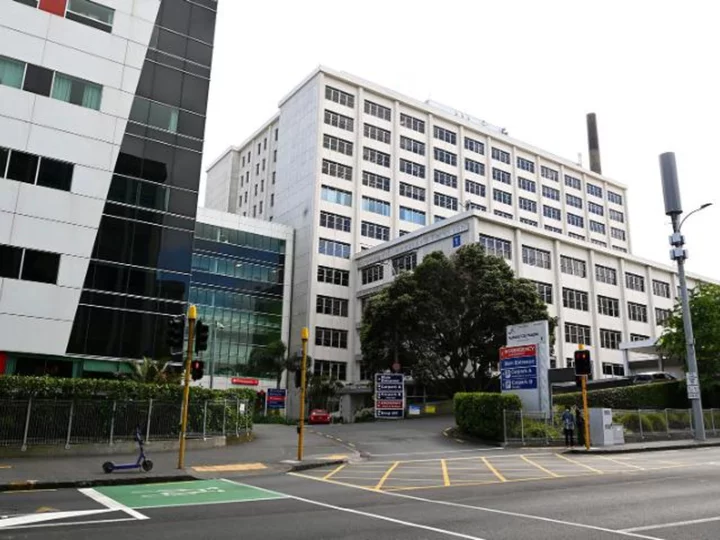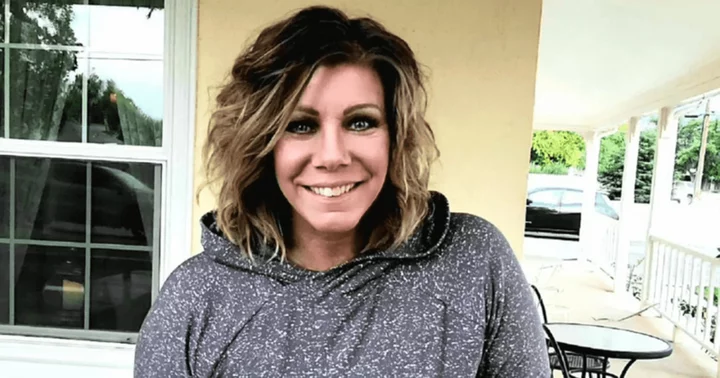A surgical tool the size of a dinner plate was found inside a woman's abdomen 18 months after her baby was delivered by cesarean section, according to a report by New Zealand's Health and Disability Commissioner.
An Alexis retractor, or AWR, which can measure 17 centimeters (6 inches) in diameter, was left inside the mother's body following the birth of her baby at Auckland City Hospital in 2020.
The AWR is a retractable cylindrical device with a translucent film used to draw back the edges of a wound during surgery.
The woman suffered months of chronic pain and went for several checkups to find out what was wrong, including X-rays that showed no sign of the device. The pain got so severe that she visited the hospital's emergency department and the device was discovered on an abdominal CT scan and removed immediately in 2021.
New Zealand's Health and Disability Commissioner, Morag McDowell, found Te Whatu Ora Auckland -- the Auckland District Health Board -- in breach of the code of patient rights, in a report released on Monday.
The health board initially claimed that a nurse, who was in her 20s, attending to the woman during the cesarean had failed to exercise reasonable skill and care towards the patient.
"As set out in my report, the care fell significantly below the appropriate standard in this case and resulted in a prolonged period of distress for the woman," McDowell said. "Systems should have been in place to prevent this from occurring."
The report explained that the woman had a scheduled C-section because of concerns about placenta previa, a problem during pregnancy when the placenta completely or partially covers the opening of the uterus.
During the operation in 2020, a count of all surgical instruments used in the procedure did not include the AWR, the commission report found. This was possibly "due to the fact that the Alexis Retractor doesn't go into the wound completely as half of the retractor needs to remain outside the patient and so it would not be at risk of being retained," a nurse told the commission.
McDowell recommended the Auckland District Health Board make a written apology to the woman and revise its policies by including AWRs as part of the surgical count.
The case has also been referred to the director of proceedings, an official who will determine whether any further action should be taken.
Dr Mike Shepherd, Te Whatu Ora Health New Zealand group director of operations for Te Toka Tumai Auckland, apologized for the error in a statement.
"On behalf of our Women's Health service at Te Toka Tumai Auckland and Te Whatu Ora, I would like to say how sorry we are for what happened to the patient, and acknowledge the impact that this will have had on her and her whānau [family group]."
"We would like to assure the public that incidents like these are extremely rare, and we remain confident in the quality of our surgical and maternity care."









